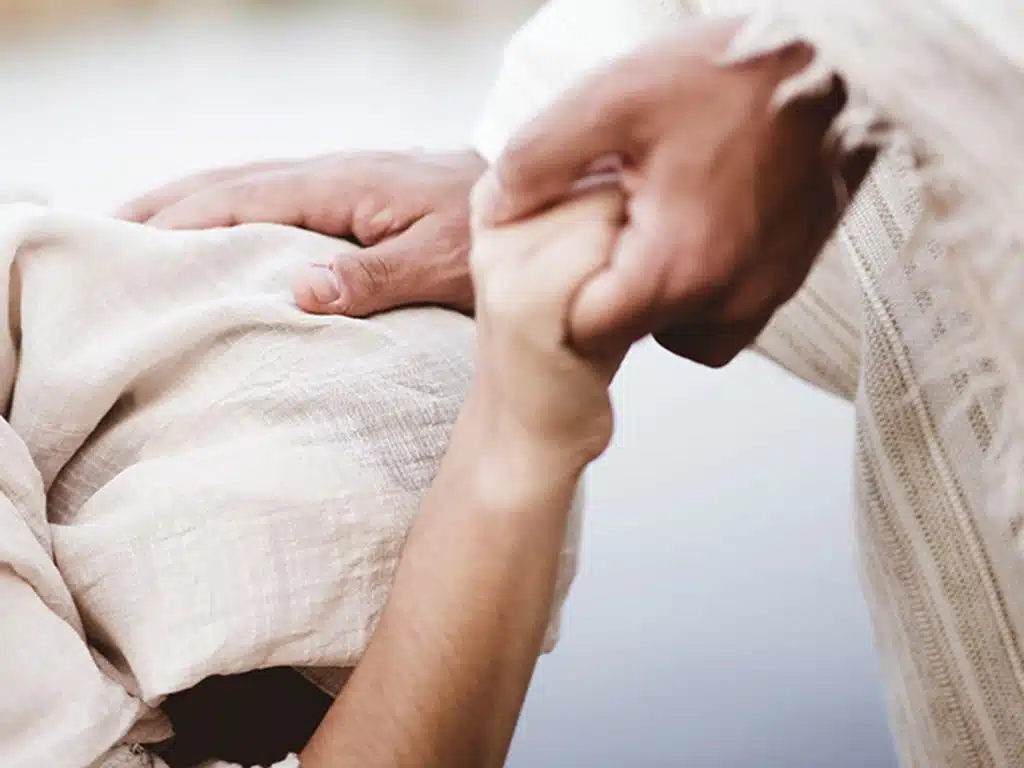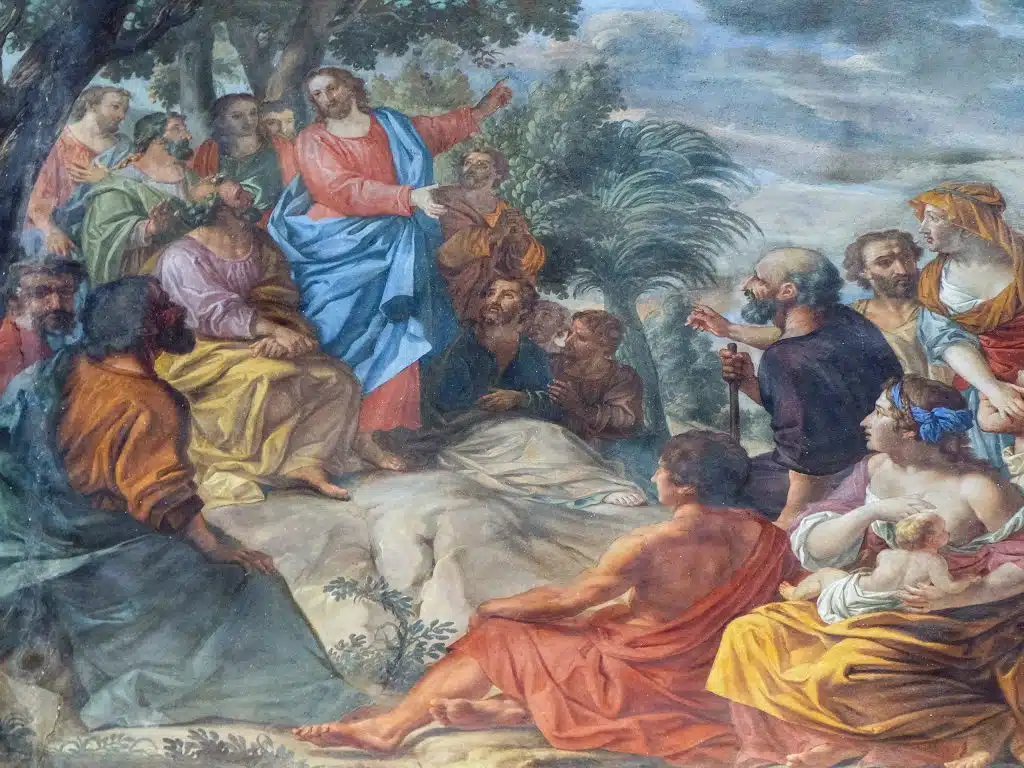These columns are due a week before they are published. When I want to respond to a current event, that’s always a little tricky. What will change as the story unfolds in the next week? Will the content even be relevant by then? This time, I intended to write before the Pennsylvania Grand Jury Report was published. I knew — or I thought I knew — that the report was going to be devastating, and I wanted one last reflection before the world of the Catholic Church in America tilted on its axis. But I was traveling with my daughter early last week and time was elusive, and instead I sat on the floor of a New York City hotel room on the morning of Aug. 15, after having spent a good bit of time the previous night reading the report, trying to make sense of it all.
My reality is that I’ve known for more than 10 years how a report of the abuse of power and sexual misconduct is handled when a victim comes forward. That hard won knowledge has haunted me. The grand jury report is extensive and it is graphic. To read it is to challenge one’s faith in the church. There is no way around it. For some people, the interior struggle over whether to stay in the church or leave in disgust will be resolved quickly. They will reflect on the Eucharist, reason that they cannot live without it, and they will press on with whatever part they can play in needed reform. Or, they will decide that this cannot possibly be a place where a healthy soul can grow, and they will leave in disgust and horror, with no small amount of sorrow.
For others, they will toss and turn and wonder about the 2,000 years since Christ promised Peter that he would build his church upon the rock. They will remember that the Magisterium is true — that the teaching authority of the church is just as sane and solid as it has been throughout the ages. But doubt will creep in. If the bishops of our time and place can be so complicit in such grievous sin, can bishops be trusted at all? If popes can let such networks of evil grow and become ever more entangled around all of us until they threaten to choke our very beings can they possibly be as prudent and wise as we want to believe they are in matters of faith and morals? They will not easily reconcile all the many doubts and fears and hopes and hurts. They will be tormented by the disparity between the true and the beautiful and the pure evil in the grand jury report. It’s not disloyal to lie awake wondering. It’s normal.
Please consider another group. If you are a person who has ever suffered abuse, if you are a Catholic who is a victim — either of the clergy or of any other sexual predator — this report takes on a new dimension entirely. Church is supposed to be a refuge. It is the safe place where one goes to heal. It is the balm that soothes the injuries of trauma — the embodiment of the promise that God knows and sees and he is faithful even when the whole world seems dangerous and threatening. But if in that very church, evil has been harbored and protected, where do those seeking refuge go? Trauma changes everything. Trauma demands the competent binding of wounds over time. Trauma wants wise, healthy spiritual guidance, and it will not easily trust a priest, not now, despite rationally knowing that most priests are good, holy men. Trauma means that the victim needs church to be safe and strong and reliable. The Pennsylvania report means that it is none of those for anyone who has ever been traumatized. These are the most fragile among us. They need us.
It is time to make the church safe for victims. If it is safe for the victims, it will be healthy for all of us. It is time for those who choose to remain to commit to eradicating the rot, so that our churches are strong, stable places of refuge. It is time for us to understand that we sit in the pews with souls who have been injured grievously, and that that makes us all victims.
The church is the Bride of Christ. She is a victim. She has suffered horribly at the hands of evil men. There are early reports that she cannot survive the chronic assault and the grievous injuries she’s suffered over time. We are in agony as we witness her pain. But will we leave, or will we find the strength to stay? Can we kneel by her side in fervent prayer in her moments of suffering, knowing that a long convalescence is inevitable? Can we rise to our feet and remind one another of Christ’s call to be the church and so to be a part of reform, knowing that much will be demanded of us to rid her of disease? Can we turn to the Eucharist, the source and summit of our lives, and draw enough strength to be a person who heals the church? Or will we walk away and leave her to die alone?
Foss, whose website is takeupandread.org, is a freelance writer from Northern Virginia.


